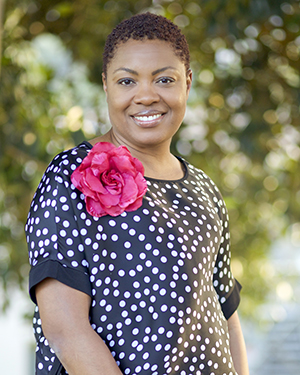Bold leadership requires remembering what God has already done
The story that unfolds in 1st Samuel 14 is riveting and fascinating. The chapter begins with the oldest son of King Saul taking a daring venture into enemy territory. The newly formed kingdom of Israel is at war, facing off with their enemies, the Philistines. The enemy assembled 30,000 chariots and 6,000 horsemen (1st Sam 13:5). The sight of their opponent causes the men of Israel to flee in despair. The fledgling regent with his farmers — turned soldiers — are at a huge disadvantage. King Saul had 600 men and the grandson of the High Priest. Their enemies were seasoned fighters who possessed the right implements for war. King Saul’s men had nothing. To state that they were at a disadvantage would be an understatement. There were only two soldiers in the entire Israelite army who had swords — the King and his eldest son Jonathan. Can you imagine with me the thoughts of the army with each passing day? “Does the king know what he’s doing?” “Can we trust his leadership?” “We are outnumbered and not equipped. Why are we here?”
Here is where the story becomes even more interesting. Jonathan, the eldest son of the king, sees the same thing that his father, the high priest and their small army saw, and it inspired boldness. One could call it stupidity or the impatience we often find in those who are inexperienced. Regardless of what we call it, Jonathan sneaks away with his armor bearer with a foolhardy plan. “Come on, let’s go over to where the Philistines have their outpost” (1 Sa 14:1). Jonathan was a bold leader. The scripture doesn’t indicate that he has studied all the latest tactics in warfare on the rugged terrain that surrounded them and their enemies. What then is the basis of the young prince’s valor? It seems Jonathan had listened to the words of Samuel the prophet and believed that God would fight for them. “Perhaps the Lord will help us, for nothing can hinder the Lord. He can win a battle whether He has many warriors or only a few!” (1 Sa 14:6).
Jonathan had bold faith. He didn’t allow what his eyes saw or the insurmountable odds to cloud or limit his conviction. He believed what he had heard about God’s presence and power.
Bold leadership requires bold faith. This type of leadership isn’t attached to a personality type. It’s not based on our strengths or preferences. This leadership requires that we listen to God, never forgetting what He has already done.
Over one hundred years ago, our institution was formed on this basic premise: nothing can hinder the Lord. We move forward in this relatively new calendar year facing giants, challenging odds or fluctuating morale as we aspire to fulfill the mission of Loma Linda University Health. I am choosing to listen to what God says: “Then call on Me when you are in trouble, and I will rescue you, and you will give Me glory.” Psalm 50:15 The words of our first bold leader — Seventh-day Adventist Church co-founder Ellen White — also encourage us to be bold in our faith and leadership: “We have nothing to fear for the future, except as we shall forget the way the Lord has led us, and His teaching in our past history."
Will you join me in bold faith?
—Dilys Brooks is an associate student chaplain for Loma Linda University Health.


